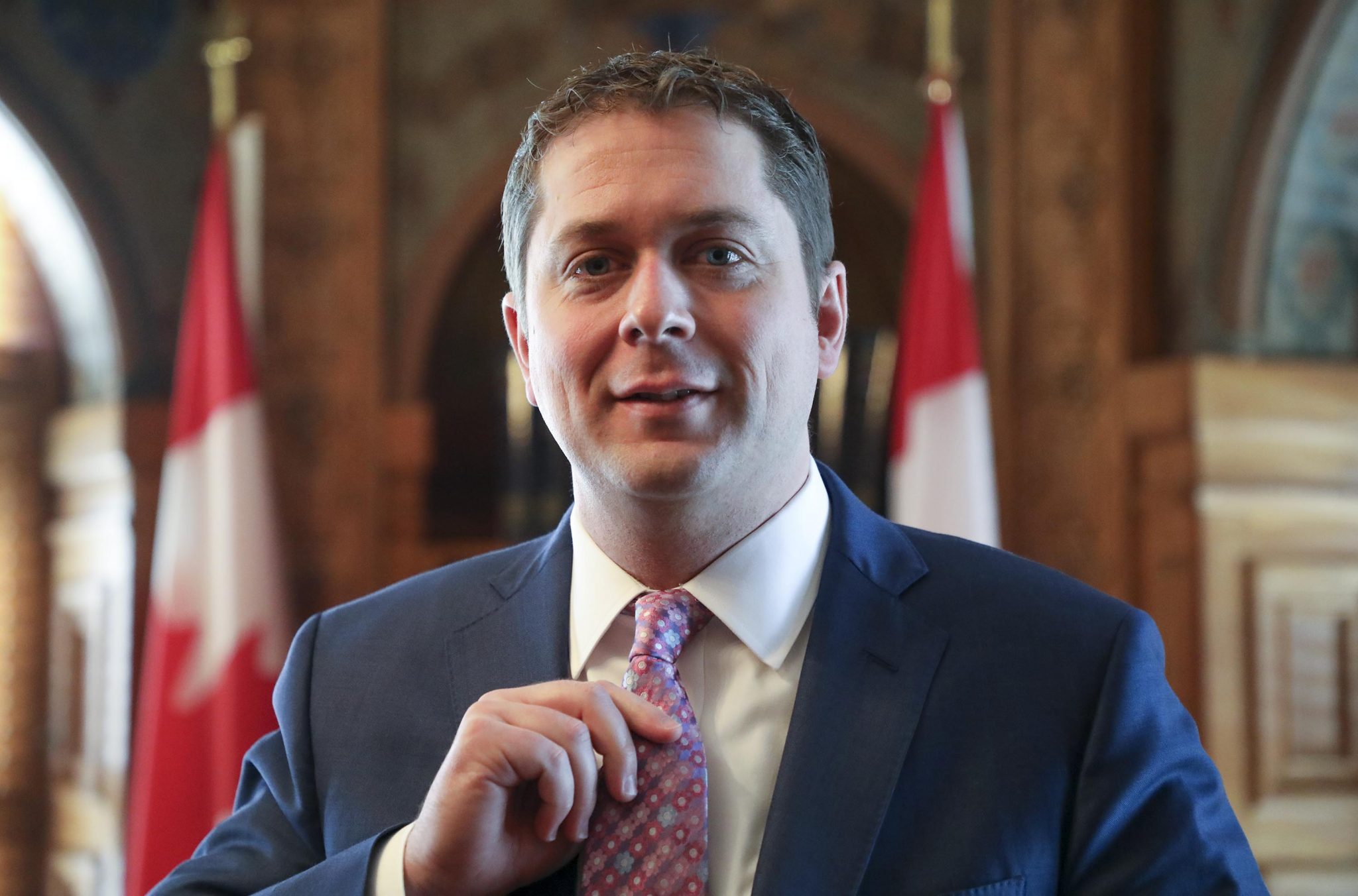UN Head Perturbed About Misleading Claims and Rampant Misinformation
This December, 164 governments pledged to adopt the United Nations’ Global Compact for Migration, though several governments opted out following high-profile campaigns of propaganda and misinformation amplified by right-wing groups around the world—including some based out of Canada.
Though Canada was one of the 164 signatories to the compact, the United States, Australia, Israel, Austria, and Poland were among those who passed.
The mandate for the compact contains 23 objectives which focus on improving the management of migration at global, national, regional, and local levels. Because this compact is not legally binding, the 164 participating governments are under no legal obligation to hold up their end of the deal by supporting or implementing these objectives. Ultimately, signing the compact does not pose any imposition or infringe on the country’s sovereignty.
“It creates no right to migrate. It places no imposition on states,” said UN special representative for international migration Louise Arbour. Canadian Prime Minister Justin Trudeau was proud to sign the UN Compact on Migration and thinks Canadians should be, too.
Conservative Party Leader Andrew Scheer, however, thought otherwise. Scheer echoed the wealth of misinformed claims that signing the pact would limit Canada’s sovereignty, jumping on the bandwagon with many right-wing politicians (not to mention white nationalists) from around the world.
This misinformation caught fire and spewed from the mouths of many leaders and officials from countries who refused to participate, stating they must protect their borders and sovereignty. Unfortunately, Canada was not exempt from this ideology and one side echoed the allegations before inevitably having to adopt the compact.
The core argument against the compact is that it infringes on state sovereignty, despite explicit information provided by the UN that disproves this negative outlook and hateful sentiments. Canadian Immigration Minister Ahmed Hussen also dismissed this argument as “a conspiracy theory” in the House of Commons, further criticizing it as “beneath a mainstream political party that has access to evidence, that has access to testimony from experts who have clearly said this agreement is not a threat to Canadian sovereignty, it will not erase our border.”
Ironically, Nikki Haley, the U.S. ambassador to the UN, claims that the compact is “simply not compatible with U.S. sovereignty,” even though they’re one of the most independently acting countries on earth.
How is Sovereignty Perceived and Why is There Risk Involved?
Despite the fact that international efforts to improve immigration management actually benefit the interest of right-wing populists, it’s evident that their mentality is based on fear of losing their control. With globalization in play, some are feeling particularly threatened when requested to support a compact that they perceive as working against their sovereignty.
But what is sovereignty? Simply put, it’s the idea that a state should be entirely self-governing, maintaining authority and control over its own supreme power.
In other words, it’s a dated tactic used for political control and agenda pushing. It’s akin to the boogieman, a scare tactic, and should not be used in modern day politics to back an argument, specifically for serious international matters that need to be addressed as a cohesive entity for the greater good.
It’s all too easy to target defenceless, marginalized groups to complain about national strength and freedom. But by not participating in positive, constructive approaches, the situation is doomed to worsen for all parties.
When looking at the events unfolding in the U.S. and Mexico, time and resources are being wasted building a physical barrier so one nation can be perceived and strong while ignoring the larger problem at hand. This combative, prejudicial behaviour is all done in the name of sovereignty.
It’s disappointing that right-wing political figures are attempting to further marginalize vulnerable refugees and migrants through misinformation and misrepresentation, all in the face of the need for the international community to collaborate and remain united in addressing this important issue.
Share this article
Arghavan Gerami
Arghavan Gerami is the Founder and Senior Counsel at Gerami Law Professional Corporation ('PC'), a full-service immigration law firm in Ottawa, Ontario. Since 2011, Ms. Gerami has focused her practice on immigration and refugee litigation. Prior to that, Ms. Gerami worked at the Ministry of Attorney General and the Department of Justice and had the privilege of serving the Honourable Mr. Justice M. Evans at the Federal Court of Appeal on immigration and administrative law appeals. Ms. Gerami contributes to the Immigration Law Section of the Canadian Bar Association, the Canadian Association of Refugee Lawyers, and the United Nations High Commissioner for Refugees. Ms. Gerami has also published numerous journal articles and presented at various immigration and refugee law conferences and events across Canada.

